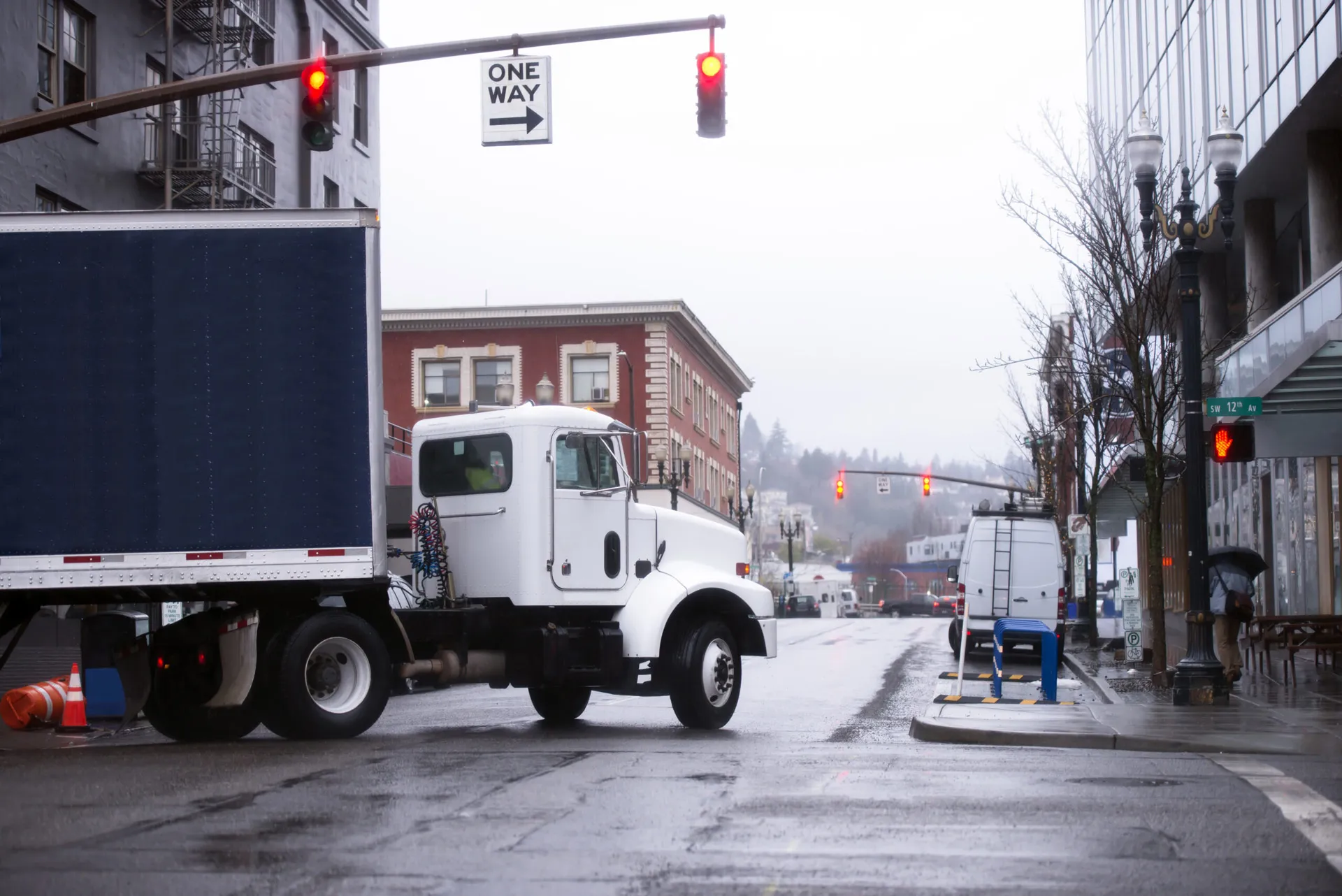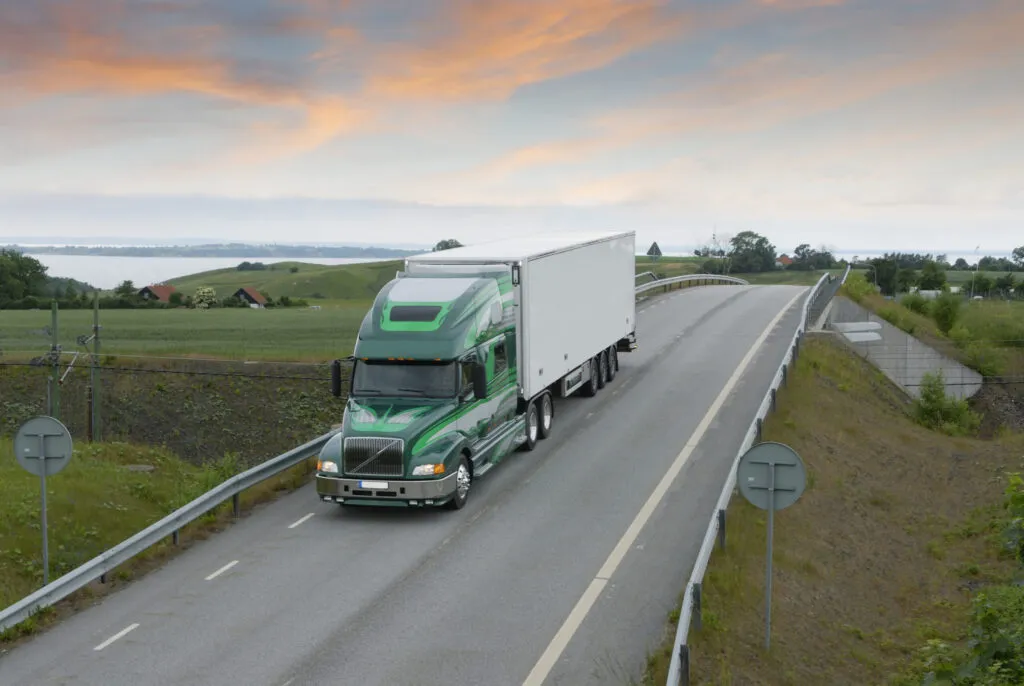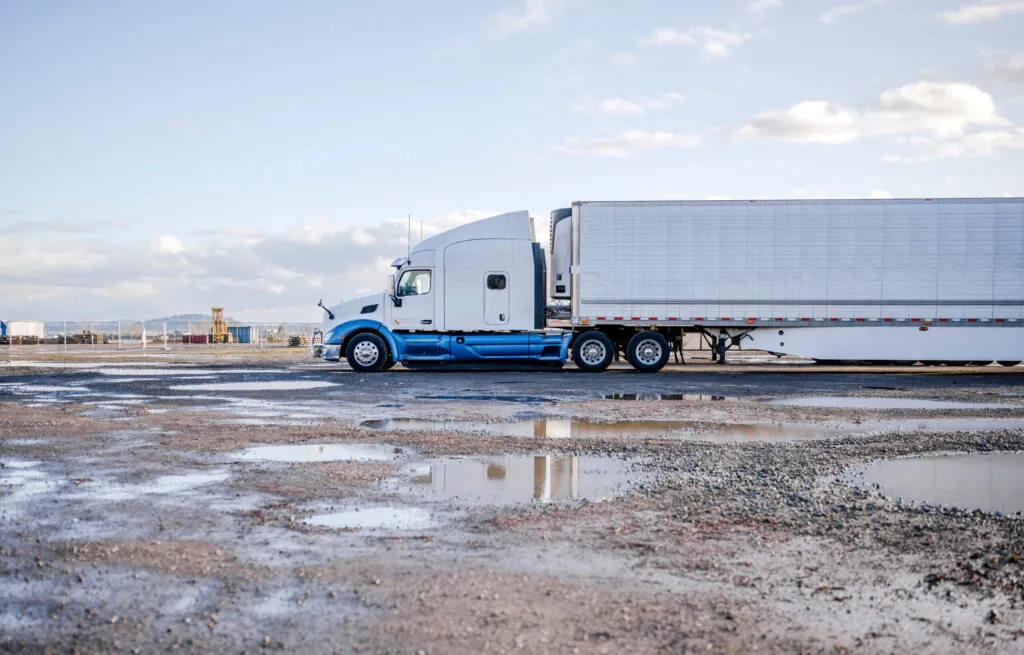LTL vs Partial Truckload Shipping: Guide by Carolina Logistics

The choice between Less-Than-Truckload (LTL) and Partial Truckload (PTL) shipping is often the choice between the efficiency and cost-effectiveness of freight management. As businesses strive to optimize their distribution networks, understanding these two freight options becomes crucial for building efficient logistics. And Carolina Logistics, with its extensive knowledge and deep-rooted experience in both LTL and PTL shipping, takes this topic to a new level.
For a long time, we have considered LTL shipping as the only preferred strategy for smaller freight loads that don’t require an entire truck. However, when it comes to the shipments that fall in the gap between LTL and Full Truckload (FTL), this approach doesn’t guarantee maximum benefits. This is when PTL shipping comes into play. Bridging this gap serves as an ideal solution for shipments that exceed LTL limits but still don’t necessitate an entire truck. This option also often leads to faster delivery times and fewer touchpoints, reducing potential damage risks.
Understanding LTL Shipping
Less-than-truckload (LTL) shipping is a well-balanced solution for most shipments that don’t demand the magnitude of a full truckload. Crafted for shipments typically ranging from 150 to 15,000 pounds, this shipping method is an ideal middle ground for businesses with moderate freight needs. By consolidating freight from multiple shippers into one truck, LTL shipping maximizes the utility of truck space, fostering a cost-efficient model that is financially beneficial for all the shippers sharing the truck.
LTL shipping, with its blend of efficiency, flexibility, and cost-effectiveness, remains an indispensable tool in the logistics arsenal. A defining characteristic of LTL shipping is its inherent flexibility. It accommodates a broad spectrum of weight categories, offering a tailored approach that full truckload shipping can’t always provide. This flexibility extends to the types of goods transported, from palletized items to crates and bundles, catering to a diverse array of shipping needs. Moreover, LTL’s collaborative nature means that shipments from different companies embark together, journeying towards various destinations. In addition to space-saving, this consolidation also allows for optimizing routes and reducing carbon footprints.
Managing LTL shipping efficiently is an art honed through years of expertise. This is more than just an ability to weave together disparate shipments into one journey; this involves meticulously planning and executing the consolidation of shipments. Each parcel, regardless of its size, must be treated with utmost care and precision, safeguarding its integrity throughout the transit. Understanding these unique dynamics is crucial. At Carolina Logistics, we know this like nobody else in the business, efficiently navigating the challenges of coordinating multiple pickups and deliveries, all while maintaining strict adherence to delivery schedules. Our commitment to seamless communication and transparency with our clients allows us to offer a service that is not just efficient but also highly responsive to the individual needs of each shipment.

Exploring Partial Truckload Shipping
Nestled between LTL and FTL shipping methods, PTL shipping stands out as the go-to choice for shipments that transcend the size and weight limitations of LTL but still fall short of filling a full truckload. It is an optimal solution for those freight loads that are too hefty for LTL yet too modest for a complete truck, usually weighing between 5,000 and 10,000 pounds or occupying 6 to 12 pallet spaces.
Partial Truckload shipping shines in its ability to offer a more customized shipping experience. Unlike LTL, where shipments are frequently handled and transferred between different trucks, partial loads often travel directly to their destination with no to minimal handling. This speeds up delivery times and significantly reduces the risk of damage, making it a favored choice for fragile or high-value goods. Besides, the weight and pallet range for PTL shipping is flexible, allowing for a tailored approach to meet specific shipping needs.
At Carolina Logistics, we have mastered all the difficulties of PTL shipping, ensuring that each shipment is optimized for both space and cost. Utilizing robust network and technology-driven processes together with advanced logistics planning to strategically combine partial loads, we optimize each truck’s capacity without compromising on efficiency. This approach maximizes space utilization and enables us to pass on cost savings to our clients, providing value-driven logistics solutions.
Overall, PTL shipping emerges as a versatile and efficient option for those in-between shipments. It often appears as a more innovative, more tailored shipping solution that aligns perfectly with the needs of businesses looking for a mix of cost-efficiency, reliability, and speed for their between LTL and FTL niche shipments. By implementing PTL practices into their logistics chains, businesses can gain delivery speeds and customer satisfaction with the delivery services without putting a strain on their budgets.

LTL vs. Partial Truckload – A Comparative Analysis
What is better, LTL or PTL shipping? There is no correct answer, as everything depends on your needs. Let’s analyze both shipping methods to determine the differences, focusing on cost, time efficiency, risk of damage, and flexibility, and provide a clearer picture of when to use each method.
Cost Considerations
LTL shipping typically operates on a cost-sharing basis, where the expenses are divided among multiple shippers. This makes LTL an economical choice for small to medium-sized shipments. However, the cost can vary based on factors like freight class and required delivery times. On the other hand, PTL is more cost-effective for larger shipments that don’t require a full truckload. The pricing here is more straightforward, as it’s based on the space occupied and the distance traveled, often resulting in lower costs per unit shipped compared to LTL.
Time Efficiency
In terms of time efficiency, PTL often has the upper hand. Shipments usually travel directly to their destination with fewer stops and less handling, leading to faster delivery times. While efficient for their purpose, LTL shipments involve more frequent stops and transfers, extending the delivery timeline. This multi-stop process, inherent to LTL, can add to transit time, which might be crucial for time-sensitive shipments.
Risk of Damage
The risk of damage is another critical aspect to consider. LTL shipments are handled multiple times, increasing the risk of damage, especially for fragile items. Frequently loading and unloading at various hubs can pose a challenge for delicate or high-value goods. PTL shipments, with their minimal handling and direct routes, significantly reduce the risk of damage, making them a safer option for sensitive freight.
Flexibility
Flexibility is a domain where LTL shines. It allows for a wide range of shipment sizes and types, accommodating everything from small boxes to large pallets. This versatility makes LTL ideal for businesses with varying shipping needs. PTL, while flexible in its right, is more suited for larger, consistent shipments that occupy a substantial part of the truck.
Scenario-Specific Suitability
When choosing between LTL and PTL, consider the specifics of your shipment. LTL is better for smaller, less time-sensitive shipments that can benefit from cost-sharing. It’s also suitable for businesses with diverse shipping needs that require flexibility. At the same time, PTL is more advantageous for larger shipments that are either too big for LTL or too small for a full truckload. It’s also ideal for time-sensitive shipments, requiring less handling or containing fragile items.

How Carolina Logistics Tailors Solutions in LTL and Partial Truckload Shipping
Carolina Logistics stands out from the competition with harmonizing precision, innovation, and client-centric strategies in both Less-Than-Truckload (LTL) and PTL shipping. We are committed to crafting bespoke solutions that resonate with each client’s unique logistical requirements.
Customized LTL Solutions
Carolina Logistics adopts a dynamic and holistic strategy for each and every LTL shipment, as we understand that it has its own set of characteristics and challenges. To address them, we utilize a sophisticated logistics management system that streamlines the consolidation process and optimizes route planning for maximum efficiency. We meticulously plan each LTL shipment, ensuring space optimization, timely deliveries, and cost-effectiveness, all tailored to the specific needs of our clients.
Innovative Partial Truckload Strategies
Direct routing and minimal handling are always in our focus when it comes to PTL shipping. Recognizing the unique nature of these shipments, we employ a strategic planning process that aligns shipment sizes with the most suitable routes and schedules. This method significantly reduces transit times and the risk of damage, providing a secure and efficient journey for each shipment. Our advanced tracking technology ensures transparency and real-time updates, giving customers peace of mind and control over their shipments.
Global Presence and Continuous Improvement
With a network spanning continents, Carolina Logistics leverages local and international expertise to facilitate both LTL and PTL shipping across diverse geographies. This expansive reach, coupled with our commitment to continuous improvement, positions us at the forefront of logistical innovation. We constantly refine our processes and technologies, embracing the latest advancements to enhance our service offerings.
Values Driving Our Services
Reliability, adaptability, and client satisfaction are at the core of Carolina Logistics’ operations. Our team is dedicated to understanding and anticipating the evolving needs of our clients, ensuring that each solution is not just a service but a partnership geared toward mutual success. This unwavering commitment to excellence and tailored service sets Carolina Logistics apart as we continue redefining the standards of LTL and PTL shipping in the logistics industry.
Conclusion
The choice between LTL and PTL shipping methods is a matter of needs and requirements. From the cost-effective and flexible nature of LTL shipping to the efficiency and minimal handling benefits of PTL Shipping, each method presents unique advantages tailored to specific shipping needs. This comparative analysis is aimed to show them, underlining the importance of selecting the right shipping strategy tailored to your needs, emphasizing factors such as cost, time efficiency, risk of damage, and flexibility.
No matter which shipping method suits you best, Carolina Logistics emerges as your trusted partner. With our tailored solutions, cutting-edge technology, and global presence, we are ready to guide your business through the complexities of modern logistics.
